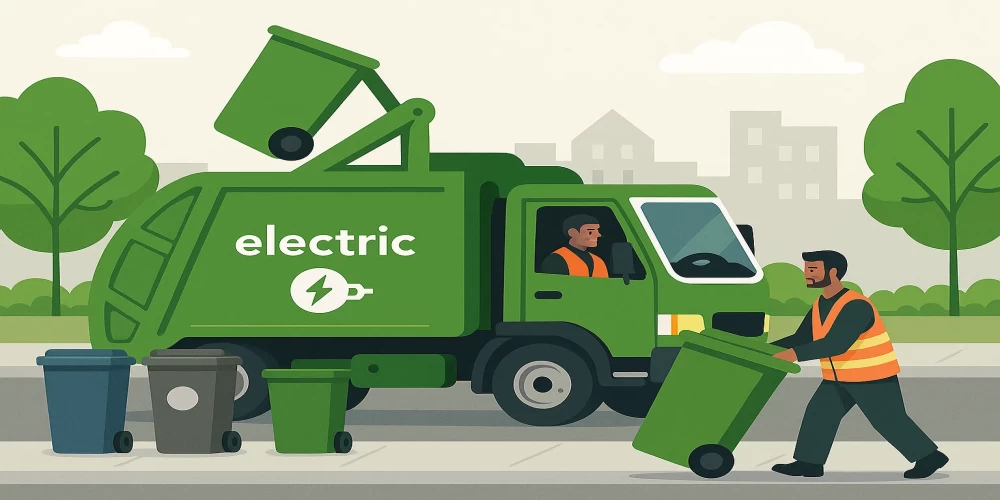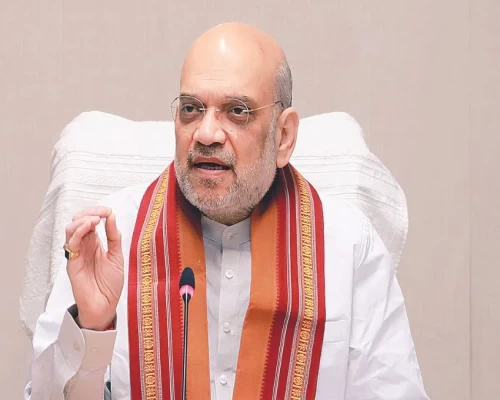
New Delhi: In a major push towards eco-friendly urban sanitation, cities across India are rolling out electric vehicles (EVs) to collect household waste, marking a significant step under the Swachh Bharat Mission-Urban (SBM-U). By swapping diesel-powered garbage trucks for zero-emission electric alternatives, urban local bodies are not only slashing carbon emissions but also tackling air and noise pollution head-on.
Guntur in Andhra Pradesh has set an example by deploying over 200 electric autos for door-to-door garbage collection. Supported by the United Nations Industrial Development Organization (UNIDO) and the Global Environment Facility (GEF), the project replaces fuel-guzzling trucks with cleaner electric autos fitted with GPS for real-time tracking. Covering 159.46 square kilometres, this fleet eliminates the need for over 71,000 litres of diesel every year, cutting greenhouse gas emissions by an estimated 21,000 tonnes over a decade. The switch offers cost savings on maintenance, extends vehicle life, and creates jobs while boosting service reliability for residents.
In Tamil Nadu, the Greater Chennai Corporation (GCC) now operates 5,478 battery-operated E-rickshaws for waste collection across 24,621 streets and over 2.1 million households. Travelling about 40 kilometres daily, each E-rickshaw cuts carbon emissions by about 41 tonnes per day, adding up to 15,160 tonnes annually. These vehicles come with separate bins for wet, dry, and hazardous waste, encouraging households to segregate waste at source. With audio systems playing segregation messages, the E-rickshaws double up as moving awareness campaigns, all while providing jobs for more than 6,000 people.
Indore Municipal Corporation has also joined the green drive with 100 electric vehicles deployed for waste collection in areas like Rajwada. This move is expected to cut annual carbon emissions by nearly 24,918 tonnes and save the civic body around ₹5.97 crore in fuel and maintenance. To power the new fleet, Indore has set up 20 solar charging stations with 10 kW panels, capable of generating up to 1,000 units of clean energy daily and charging up to 100 vehicles per day.
These initiatives show how integrating electric mobility with waste management can help cities become cleaner, more efficient, and more sustainable. By combining renewable energy, digital monitoring, and community participation, cities are delivering on the promise of Garbage Free Cities while improving air quality and urban health.
BI Bureau













